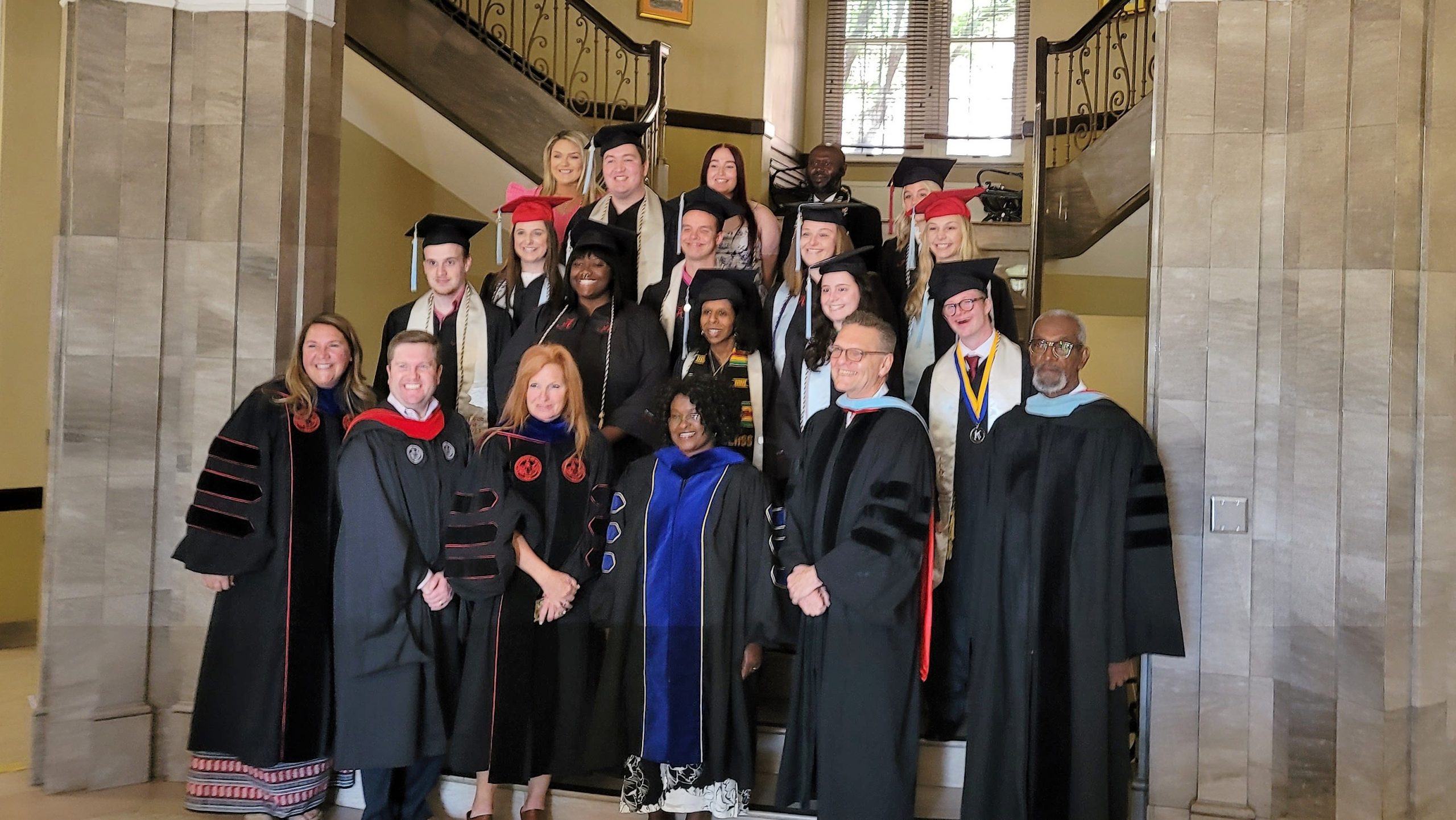A minor is part of a degree program in an approved secondary discipline or field outside the major. It requires fewer hours than a major and is awarded only if approved by both the major and minor department and/or college. A minor must be completed in conjunction with the degree a student is pursuing, and a student may not pursue a minor after a degree has been conferred. A completed minor is shown on a student’s transcript, but not on the diploma. A minor must be comprised of 15-21 semester hours of coursework specified by the department.
MINORS AT UNDERGRADUATE LEVEL
EDUCATION POLICY AND REFORM
This minor provides students with an introduction to the interdisciplinary field of educational policy. Students will analyze and evaluate the effects of key policies and reform movements in education. The course pays particular attention to how educational policy reshapes the institution of schooling, focusing on how it affects teaching practices, curriculum decision making, and student diversity concerns. This minor will enable students to pursue graduate education for research and teaching and to subsequently gain employment with non-governmental organizations (NGOs), policy think-tanks, and other academic and public service institutions. This minor is open to students from all majors.


A certificate is a structured set of courses within a major or professional focus that provides recognition of course completion in an applied area of focus. Post-baccalaureate certificates require a bachelor’s degree. Students do not have to be enrolled in the degree program (non-degree seeking) for many post-baccalaureate certificates, but courses may be used to complete a master’s degree program. Certificates may be at the undergraduate, graduate, or professional level. A certificate must be comprised of 15-21 semester hours of coursework specified by the department.
CERITIFICATES
COLLEGE TEACHING
The graduate certificate in college teaching is a 12-credit (4-course) sequence designed to help graduate students in a variety of professional settings and disciplines who seek to enhance their understanding of teaching and learning issues for adult learners, particularly at institutions of higher education. Students who participate in the certificate program will have exposure to theory, research, and practice related to the professoriate and to teaching and learning.

INSTRUCTIONAL TECHNOLOGY
The graduate certificate in Instructional Technology will provide students not enrolled in either the IT master’s degree or doctoral concentration with a means to develop IT skills and knowledge applicable to multiple areas of education, including K-12, higher education, government, military and business.

QUALITATIVE RESEARCH
The graduate certificate in qualitative research is a 15-credit course sequence that integrates theoretical knowledge with practical application, and field-based experience.

SOCIAL AND CULTURAL STUDIES
Work in the graduate certificate in social and cultural studies is guided by the principles of reflective practice, professional growth, democratic action, and individual responsibility.

QUANTITATIVE RESEARCH
The graduate certificate in quantitative educational research places an emphasis on acquiring the skills necessary not only to complete statistical calculations, but to know how and when to apply and use appropriate calculations.

CROSSING POINTS CERTIFICATE IN OCCUPATIONAL STUDIES
The CrossingPoints Certificate in Occupational Studies (CCOS) is a non-degree undergraduate certificate program for young adults with intellectual disabilities who are interested in pursuing postsecondary education at The University of Alabama.

MEASUREMENT AND PSYCHOMETRIC
The Graduate Certificate in Measurement and Psychometrics emphasizes competencies and skills necessary to perform psychometric analyses that reflect best practices in contemporary psychometric research, theory, and practice. This 18 credit-hour certificate prepares students from various disciplines to conduct research that links latent variables (i.e., concepts that researchers cannot measure directly) to a wide variety of social, economic, educational, and health outcomes.

